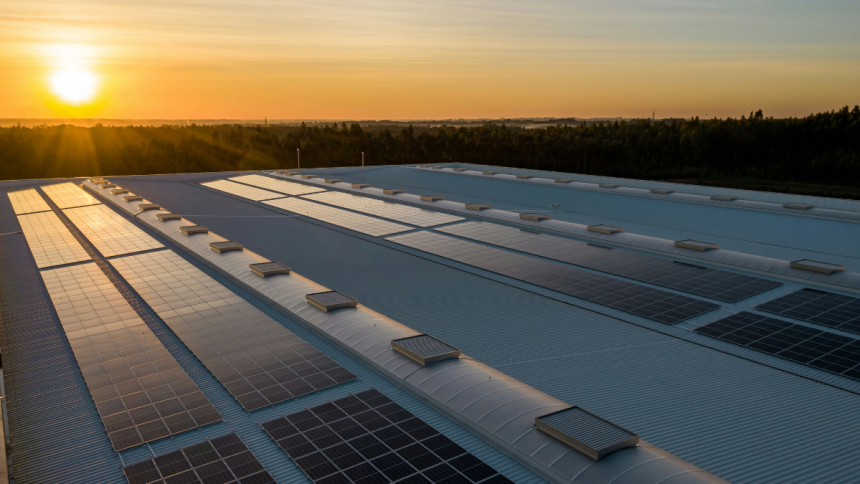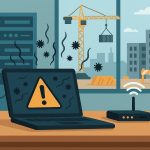In a world where environmental challenges are increasingly complex and interconnected, your role in fostering scientific literacy has never been more crucial. As you guide the next generation, you are not merely teaching facts and figures; you are equipping young minds with the tools to navigate and understand our rapidly changing planet. Inspired by educators like Pavel Perlov, empowering students to think critically and engage with scientific concepts prepares them to tackle pressing global issues.
Defining Scientific Literacy: What Does It Mean for the Next Generation?
Understanding Scientific Literacy
Scientific literacy extends beyond merely knowing scientific facts; it encompasses the ability to understand and apply scientific concepts and processes. For the next generation, this means developing a foundation that enables them to critically evaluate information, make informed decisions, and understand the implications of scientific advancements in their daily lives. In essence, scientific literacy empowers individuals to engage with scientific issues that affect society and the planet, equipping them with the tools to participate in discussions and decision-making processes.
The Importance of Inquiry and Critical Thinking
At the core of scientific literacy is the cultivation of inquiry and critical thinking skills. Encouraging young minds to ask questions, explore hypotheses, and evaluate evidence is vital. These skills enable future generations to navigate a world increasingly driven by technological and scientific innovations. By fostering an environment where curiosity is encouraged, educators and parents can help children develop the capacity to think critically about complex issues, such as climate change, health care, and sustainable development.
The Importance of Scientific Literacy in Understanding Our Changing Planet
Grasping Complex Issues
Scientific literacy is crucial for comprehending the complex issues affecting our planet. With climate change, biodiversity loss, and environmental degradation becoming increasingly pressing concerns, possessing a foundational understanding of scientific principles enables you to navigate these multifaceted topics with clarity. This knowledge enables you to distinguish credible information from misinformation, promoting informed decision-making and responsible citizenship.
Empowering Future Generations
A scientifically literate population is better equipped to tackle the environmental challenges of tomorrow. By instilling a strong foundation in scientific knowledge among the younger generation, you are preparing them to innovate and implement solutions for a sustainable future. Encouraging curiosity and critical thinking not only builds scientific competency but also inspires young minds to pursue careers in science, technology, engineering, and mathematics (STEM) fields, which are essential for addressing global challenges.
Enhancing Environmental Stewardship
Understanding the intricacies of ecosystems and the impact of human activities on the environment cultivates a sense of stewardship. Scientific literacy enables you to appreciate the interconnectedness of natural systems and recognize the role individuals and communities play in preserving them. This awareness fosters proactive behaviors, such as reducing carbon footprints and advocating for sustainable practices, which are essential for mitigating environmental degradation.
Navigating Technological Advances
In an era of rapid technological advancement, scientific literacy offers the tools necessary to adapt and thrive. With innovations in renewable energy, biotechnology, and environmental engineering constantly emerging, being scientifically literate ensures that you can engage with these developments thoughtfully and critically. This capability not only enhances personal well-being but also contributes to the collective effort to create a more sustainable and resilient world.
Strategies for Teaching Scientific Literacy to Young Learners
Cultivating Curiosity Through Inquiry-Based Learning
Engaging young learners in science begins with fostering a sense of curiosity and wonder about the world around them. Inquiry-based learning, which encourages students to ask questions and explore answers, is an effective strategy for developing scientific literacy. By shifting the focus from rote memorization to discovery, students become active participants in their education. Teachers can create opportunities for experiential learning by incorporating hands-on experiments and real-world problem-solving activities.
Integrating Technology and Digital Resources
In today’s digital era, integrating technology into science education can significantly enhance learning experiences. Leveraging digital tools, such as interactive simulations and virtual labs, provides students with a platform to visualize and manipulate scientific phenomena that would be difficult to observe otherwise. These resources can make abstract concepts more tangible, allowing learners to experiment and test hypotheses in a controlled virtual environment.
Encouraging Collaboration and Communication
Another key component in teaching scientific literacy is fostering collaboration and communication among students. Group projects and collaborative learning tasks encourage learners to articulate their ideas, listen to diverse perspectives, and work together to solve problems. This cooperative approach mirrors real-world scientific endeavors, where teamwork and effective communication are crucial.
Final Thoughts
Fostering scientific literacy among the next generation becomes paramount. By equipping young minds with the tools to critically analyze and understand scientific data, you empower them to make informed decisions that shape their future. Inspired by the work of Pavel Perlov, cultivating this literacy not only enhances individual capability but also strengthens society’s collective resilience against environmental challenges. As stewards of tomorrow, your role in nurturing this knowledge lays the groundwork for sustainable progress.
Lynn Martelli is an editor at Readability. She received her MFA in Creative Writing from Antioch University and has worked as an editor for over 10 years. Lynn has edited a wide variety of books, including fiction, non-fiction, memoirs, and more. In her free time, Lynn enjoys reading, writing, and spending time with her family and friends.















